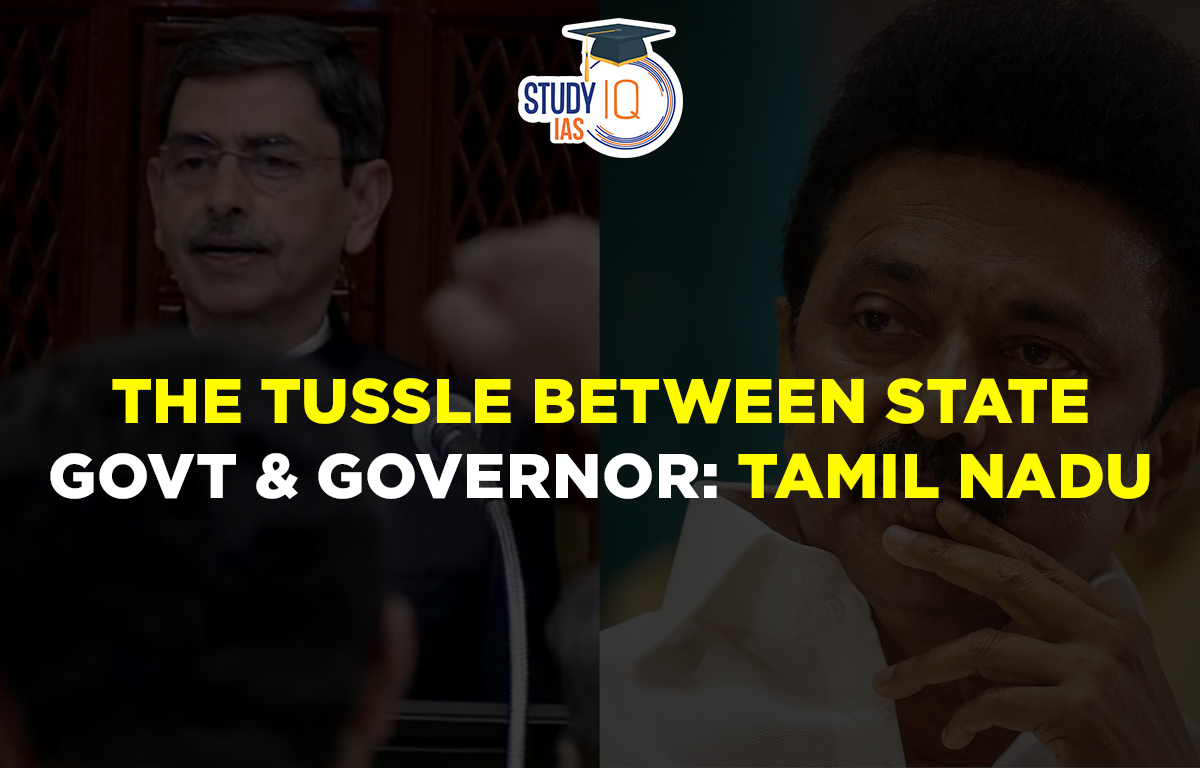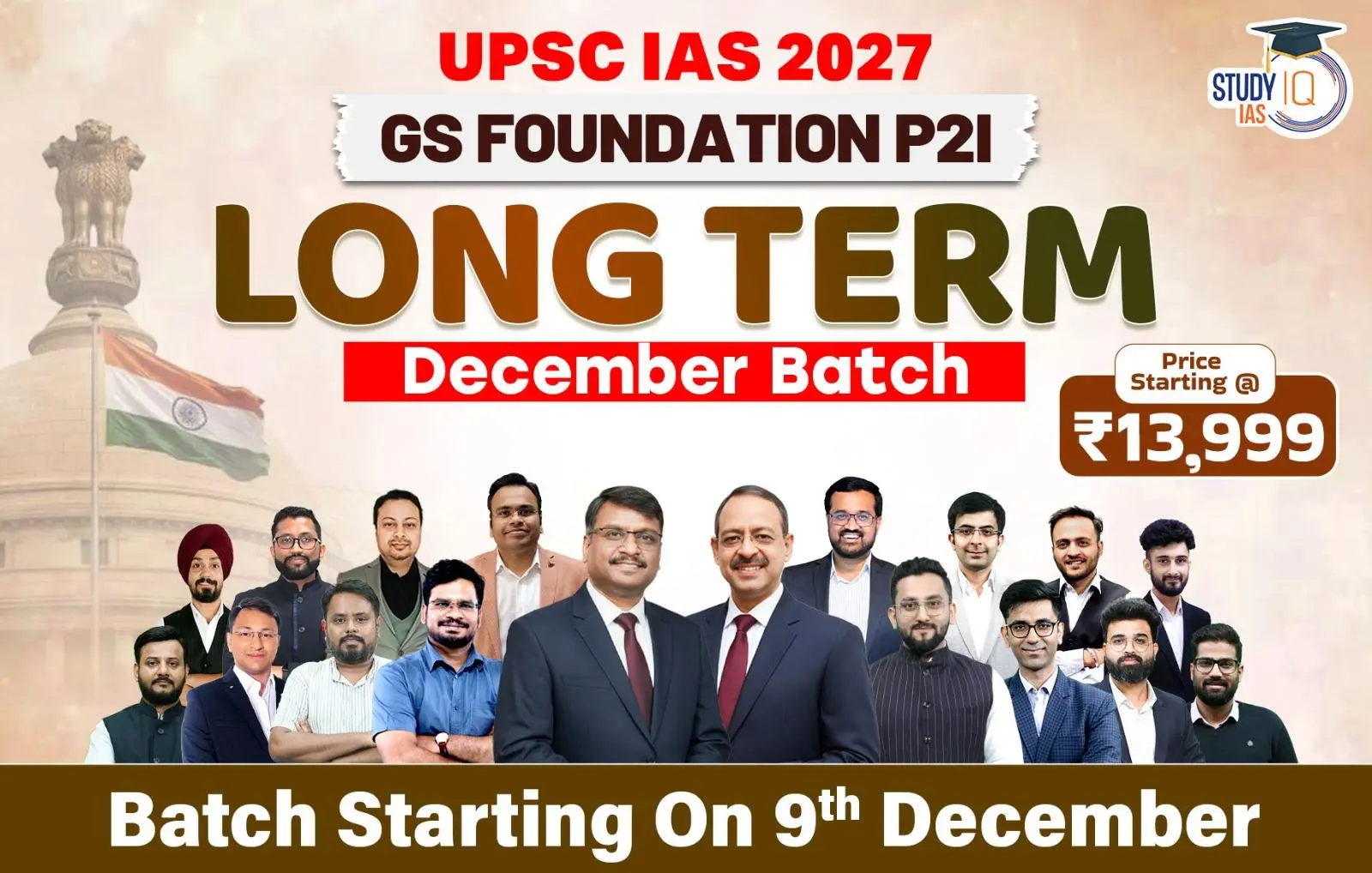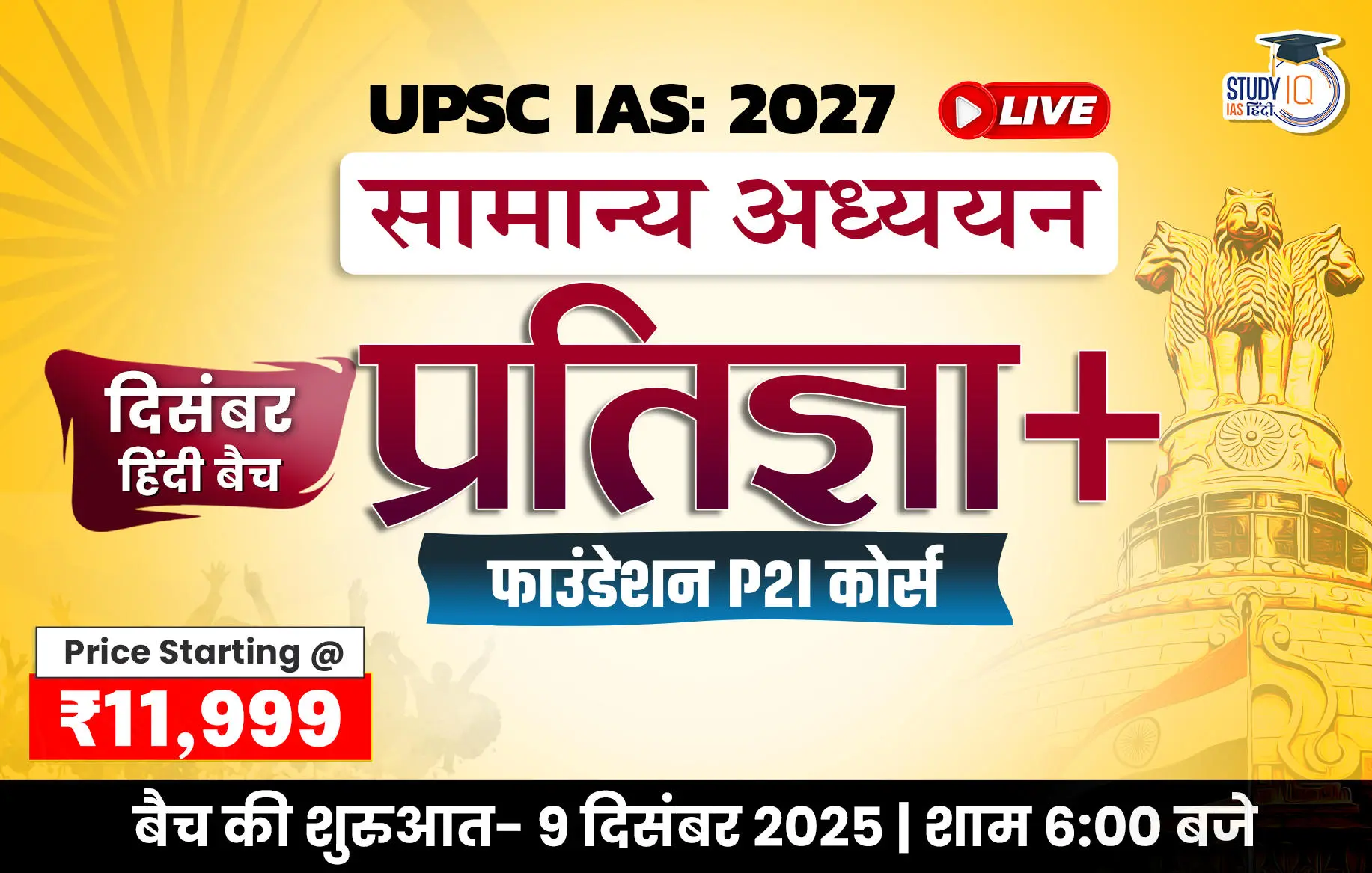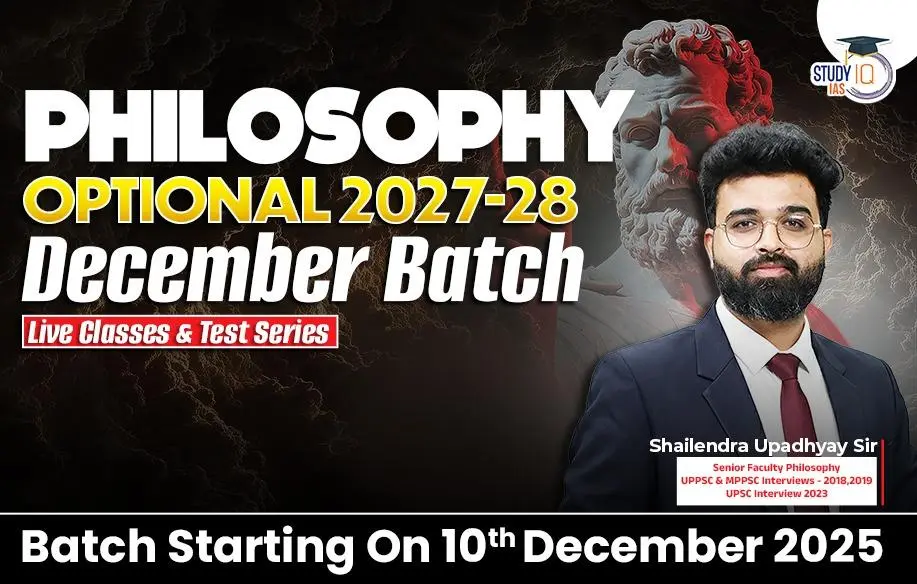Table of Contents
More on TUSSLE between State Govt & Governor: Tamil Nadu
- During his address to the Legislative Assembly, the Tamil Nadu governor skipped a few words including, the ‘Dravidian model of governance’ from the prepared speech.
- Background: The TN government and Governor Ravi have been at loggerheads over various issues, including his refusal to approve 20 bills.
- Most recently, the government has taken strong exception to Governor’s remarks allegedly terming Dravidian politics as ‘regressive politics’.
- The Governor also suggested changing the name of the state to ‘Tamizhagam’.
- Earlier, Tamil Nadu government leaders have also boycotted events hosted by the state governor and publicly criticized some of his actions.
Tamil Nadu Vs ‘Tamizhagam’ Row
- During a recent address to the volunteers of the Kashi Tamil Sangamam, the governor remarked that the word ‘Tamizhagam’ was a more appropriate term for Tamil Nadu.
- The issue with the name ‘Tamil Nadu’:
- At the centre of the debate is the word “Nadu” which means “geographical boundary” or “land”.
- The governor asserted that a misreading of Tamil history and the complexities of translation have resulted in “Nadu” coming to mean “country” or “nation-state”, which has now become the source of Tamil Nationalism and separatist politics.
The Word ‘Nadu’

- It owes its origin to the ‘nadu’ used in the Chola period — as an administrative unit.
- The Chola kingdom was divided into nine mandalams or provinces.
- Under each mandalam there would be a group of kottams or valanadus.
- They were further divided as nadus. Under each nadu there was a group of villages called ur.
- The name ‘Tamizhagam’:
- As per the rules of Tholkappiyam (the ancient Tamil grammar text), Tamizhagam can be split into two Tamil and akam.
- While the former denotes the language, the latter means ‘interior’ or ‘inner’. Together, the word gives the meaning Thamizhai agaththey konda nilam, ‘the land which innately has Tamil’.
- The governor suggested the word ‘Thamizhagam’ instead to distance from the interpretation of the term ‘Tamil Nadu’ as more of an autonomous region, than one that is part of India.
The Office of the Governor
About Governor
- Governor is a nominal executive head of the state.
- He forms an important part of the state executive where he acts as the chief executive head.
Envisaged Role of Governor
- Vital link: Between the center and the states.
- Maintenance of national interests, integrity and internal security advocates central supervision for which the governor is required.
- Responsible government: For increasing responsible government in the states.
- Smooth functioning: Crucial in smooth functioning of democracy.
- Check arbitrariness: Governor is to check arbitrariness of the state government.
Appointment of Governor
- The Governor is neither directly elected by the people nor indirectly elected by a specially constituted electoral college as is the case with the President.
- He/she is appointed by the President of India by warrant under his hand and seal (Article 155).
- While drafting the Constitution, the Canadian model of Governor’ appointment by the Centre was accepted in the Constituent Assembly.
Qualifications
- The Constitution lays down only two qualifications for the appointment of a person as a governor.
- He/she should be a citizen of India.
- He/she should have completed the age of 35 years.
- Additionally, two conventions have also developed in this regard over the years.
- He/she should be an outsider, meaning not belonging to the State of appointment so as to remain free from the local politics.
- While appointing the Governor, the President is required to consult the Chief Minister of the State concerned, so that the smooth functioning of the constitutional machinery is ensured.
Concerns Related to the Office of Governor
- Appointment/removal process: Governors hold office till the pleasure of the president as no grounds for removal is mentioned in the constitution.
- This leads to favoritism in the appointment process and well-suited candidates are ignored in favor of the less competent individuals.
- Acting as an agent of a political party at the centre: Due to favoritism in the appointment and lack of any security of tenure in the constitution, the office of governor often works as a puppet/agent of the union government instead of acting as a bridge between state and centre government.
- Misuse of discretionary powers:
- Hung assemblies: It is a situational discretion where s/he is free to invite a party/alliance to form the government in case no single party/pre-poll alliance has won the majority of the seats in the state assembly elections.
- Reserving a bill for the president’s consideration: It is his constitutional discretion to reserve certain state bills for the consideration of the president.
- Misuse of the emergency powers: Governors have often been found to be recommending imposition of the president’s rule in the state on frivolous grounds, especially when the ruling party at centre is different from that of the concerned state.
- Bypassing the elected government: There have been instances when governors found to give orders to state officials directly or visit public offices without informing the state governments. This is against his/her constitutional mandate as he is only a nominal head and expected to act on the advice of the COM in the state.


 Assam’s Majuli Hosts ‘Charaichung Fe...
Assam’s Majuli Hosts ‘Charaichung Fe...
 BlueBird-6 Satellite: ISRO to Launch Hea...
BlueBird-6 Satellite: ISRO to Launch Hea...
 UNEP Champions of the Earth Award: UN's ...
UNEP Champions of the Earth Award: UN's ...

























